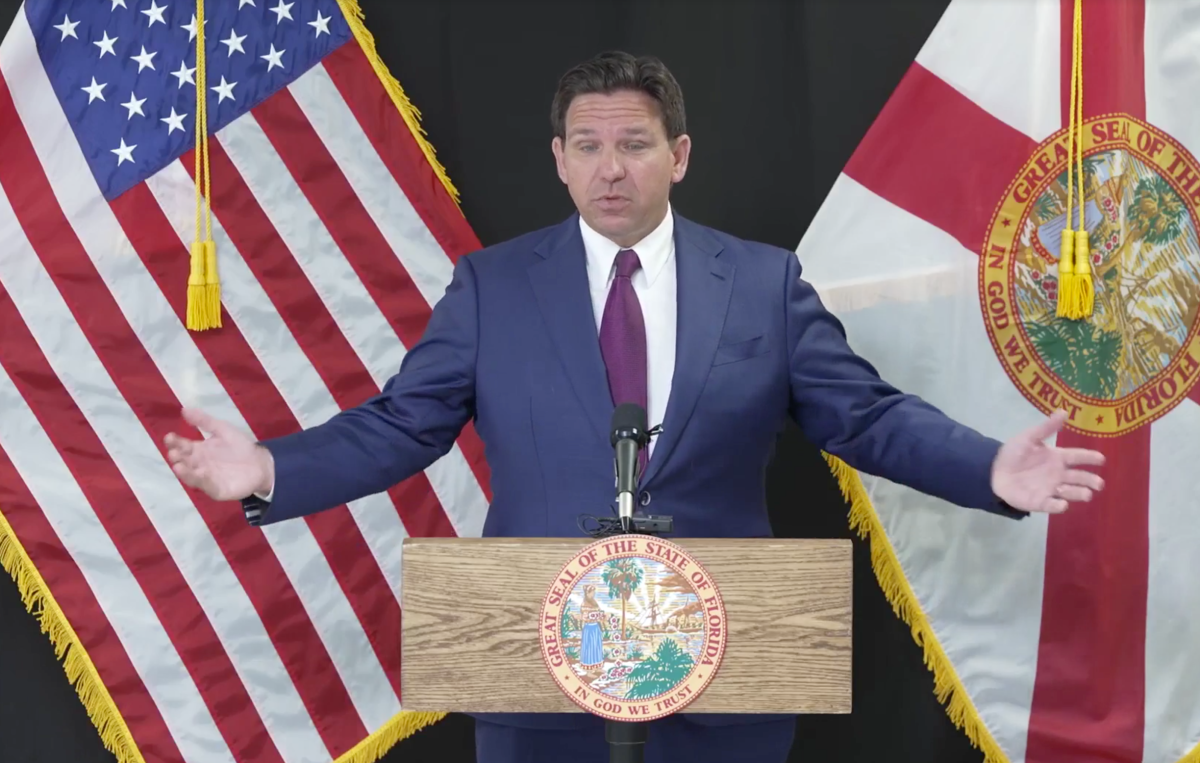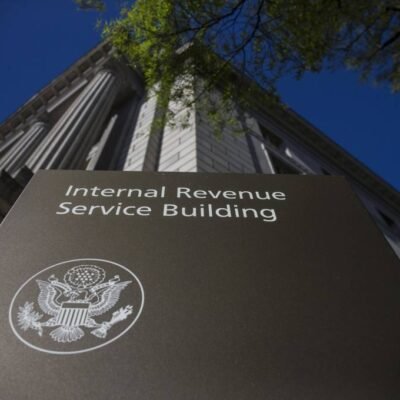Florida Governor Ron DeSantis just that creates much stricter guidelines about how kids under 16 can use and access social media. To that end, the law completely bans children younger than 14 from participating in these platforms.
The bill requires parent or guardian consent for 14- and 15-year-olds to make an account or use a pre-existing account on a social media platform. Additionally, the companies behind these platforms must abide by requests to delete these accounts within five business days. Failing to do so could rack up major fines, as much as $10,000 for each violation. These penalties increase to $50,000 per instance if it is ruled that the company participated in a “knowing or reckless” violation of the law.
As previously mentioned, anyone under the age of 14 will no longer be able to create or use social media accounts in Florida. The platforms must delete pre-existing accounts and any associated personal information. The bill doesn’t name any specific social media platforms, but suggests that any service that promotes “infinite scrolling” will have to follow these new rules, as will those that feature display reaction metrics, live-streaming and auto-play videos. Email platforms are exempt.
This isn’t just going to change the online habits of kids. There’s also a mandated age verification component, though that only kicks in if the website or app contains a “substantial portion of material” deemed harmful to users under 18. Under the language of this law, Floridians visiting a porn site, for instance, will have to verify their age via a proprietary platform on the site itself or use a third party system. News agencies are exempt from this part of the bill, even if they meet the materials threshold.
Obviously, that brings up some very real privacy concerns. Nobody wants to enter their private information to look at, ahem, adult content. There’s a provision that gives websites the option to route users to an “anonymous age verification” system, which is defined as a third party that isn’t allowed to retain identifying information. Once again, any platform that doesn’t abide by this restriction could be subject to a $50,000 civil penalty for each instance.
This follows DeSantis vetoing a similar bill earlier this month. That law would have banned teens under 16 from using social media apps and there was no option for parental consent.
NetChoice, a trade association that represents social media platforms, , calling it unconstitutional. The group says that HB 3 will essentially impose an “ID for the internet”, arguing that the age verification component will have to widen to adequately track whether or not children under 14 are signing up for social media apps. NetChoice says “this level of data collection will put Floridians’ privacy and security at risk.”
Paul Renner, the state’s Republican House Speaker, said at a that a “child in their brain development doesn’t have the ability to know that they’re being sucked in to these addictive technologies, and to see the harm, and step away from it. And because of that, we have to step in for them.”
The new law goes into effect on January 1, but it could face some legal challenges. Renner said he expects social media companies to “sue the second after this is signed” and DeSantis acknowledged that the law will likely be challenged on First Amendment issues, .
Florida isn’t the first state to try to separate kids from their screens. In Arkansas, a federal judge recently blocked enforcement of a law that required parental consent for minors to create new social media accounts. The same thing . A similar law passed in Utah, but was hit with a pair of lawsuits that forced state reps back to the drawing board. On the federal side of things, the Protecting Kids on Social Media Act for kids under 18 to use social media and, yeah, there’s .





